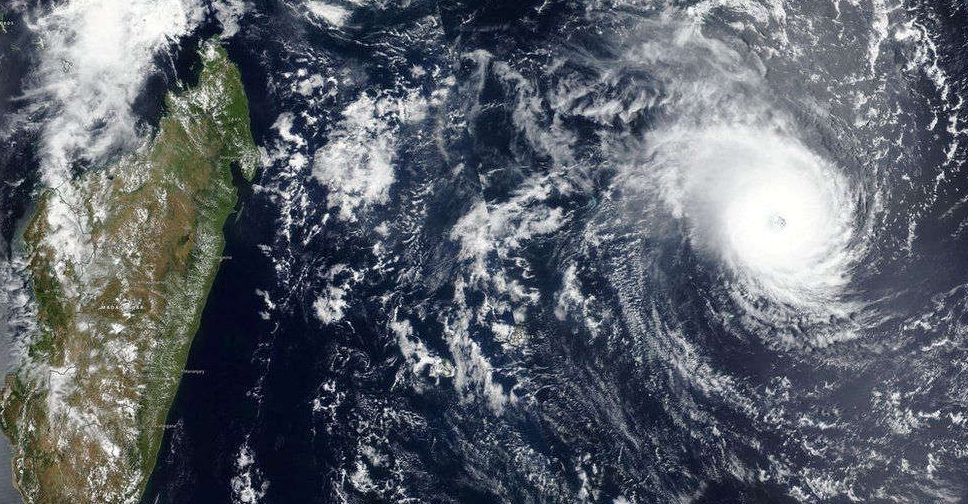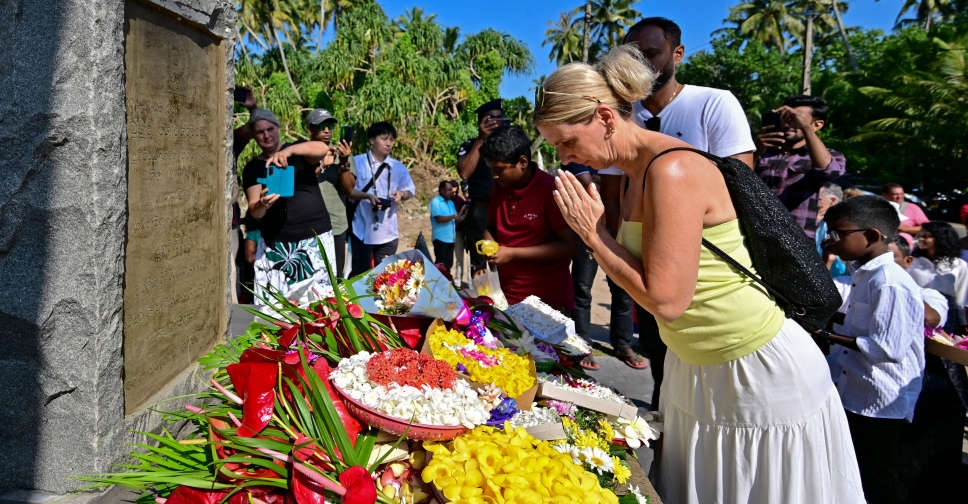
Madagascar's government suspended schools and transport in the path of tropical cyclone Freddy, which made landfall in the southeast of the island on Tuesday evening, causing a storm surge, ripping roofs off houses and killing at least one person.
Freddy weakened slightly before landing around 30 km north of Mananjary town, at around 07:20 p.m., with average winds of 130 kmph and gusts of 180 kmph near the eye, the Madagascar meteorological service said.
"Torrential rains will continue along its path. The sea remains very rough to huge, and a significant risk of coastal flooding will continue overnight," the service said in a statement.
Heavy rains and waves of over 8 metres were expected near the impact zone, the International Federation of Red Cross said on Twitter, issuing a red alert for the area.
"There is a lot of wind, it's very strong. The sea has also risen a lot," said Tania Rajaonarivony, a resident of Mananjary. "Some roofs were carried away by the gusts."
A 27-year-old man drowned near the port of Mahanoro, the National Office of Risks and Disasters said. More than 7,000 people had been preventively evacuated from the Vatovavy region, it said.
All traffic in cyclone Freddy's projected path was suspended overnight from Tuesday to Wednesday, the ministry of transport and meteorology said.
The ministry of education said it had suspended classes in at least 10 regions.
Freddy travelled for 15 days of over 7,000 km of the Indian Ocean, the Met Office, Britain's national weather service, wrote on Twitter.
Cyclone Freddy made landfall nearly a month after storm Cheneso battered the island nation of 29 million, killing 33 people and forcing thousands from their homes.
Madagascar is hit by an average of 1.5 cyclones every year, the highest in Africa, according to the United Nations Office for the Coordination of Humanitarian Affairs.
After crossing Madagascar, Freddy could emerge in the Mozambican Channel and strengthen again, before making landfall in Mozambique and potentially moving on to Zimbabwe, affecting more than 3.3 million in total, UNOCHA said, citing a World Food Programme assessment.
The cyclone passed 120 km northwest of Mauritius on Monday afternoon, forcing 500 people into shelters, while damaged power lines left another 500 families without electricity, the national broadcaster reported.
Flights that had been grounded late on Sunday had resumed on Tuesday morning, according to Mauritius' airports operator.



 Sources say Azerbaijan Airlines flight was downed by Russian air defence system
Sources say Azerbaijan Airlines flight was downed by Russian air defence system
 Thousands mark 20 years after deadly Indian Ocean tsunami
Thousands mark 20 years after deadly Indian Ocean tsunami
 Russia says it prevented Ukrainian plots to kill high-ranking officers
Russia says it prevented Ukrainian plots to kill high-ranking officers
 Israeli airstrike kills five journalists in central Gaza
Israeli airstrike kills five journalists in central Gaza
 Hamas and Israel blame each other for ceasefire delay
Hamas and Israel blame each other for ceasefire delay







